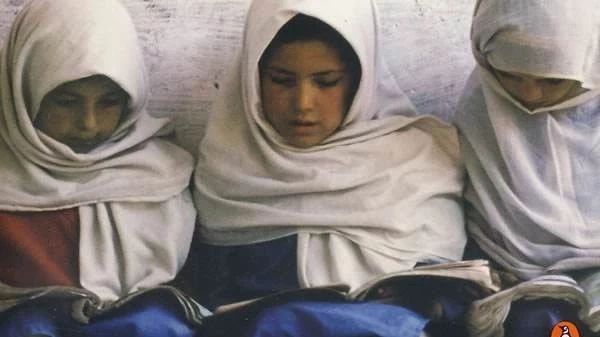Three Cups of Tea 10: The Soviet Afghan War
The Soviet-Afghan War started in December 1979, and lasted for nearly 10 years. The war strongly impacted the former Soviet Union and Afghanistan; it contributed to the collapse of the Soviet Union.
Following the formation of the Republic of Afghanistan in 1973, the Soviet Union supported the PDPA strongly. In 1978, the Democratic Republic of Afghanistan was formed, and Nur Mohammad Taraki was elected as the chairman. During the time of Taraki, the government was unpopular because of its Stalinist nature. Therefore, in April 1979, an anti-government armed force rebelled against Taraki’s government. In September 1979, Hafizullah Amin murdered Taraki and he became chairman. However, he deteriorated the relationship with the Soviet Union, and the Soviet Union disliked him a lot. Eventually, the Soviet Union deployed troops in Afghanistan to help the Democratic Republic of Afghanistan government and fought with the insurgent groups known as the Mujahedeen. The Mujahedeen got military support from the U.S, Pakistan, Saudi Arabia, Egypt, and other countries.
The Soviet-Afghan War lasted for nearly 10 years, but it absolutely made no sense to me. The Soviet Union spent 20 billion dollars on the war, which was a heavy burden on the economy. 12,210 Soviet soldiers were dead, 35,478 were wounded, and 311 were not yet found. The Soviet Union was forced to withdraw troops from Afghanistan, so the Soviet Union achieved nothing but a catastrophe. 1.3 million citizens of Afghanistan were dead, and 5 million citizens became refugees. These numbers could tell us about the cruelty of war – therefore we should try our best to maintain peace and prevent wars.
Because the Soviet Union was considered to be fighting unjustly by the international community, it didn’t gain support from its citizens, and had no international allies. However, even though the Afghanistan insurgent force was weaker than the Soviet Union, it fought for sovereignty, and therefore gained support from its citizens, and from international sympathizers.
The “ironic” part of this war is: The Soviet Union invaded a weaker country without success, and it resulted in the dissolve of the USSR.
- 本文标签: 原创
- 本文链接: http://www.jack-utopia.cn//article/552
- 版权声明: 本文由Jack原创发布,转载请遵循《署名-非商业性使用-相同方式共享 4.0 国际 (CC BY-NC-SA 4.0)》许可协议授权










